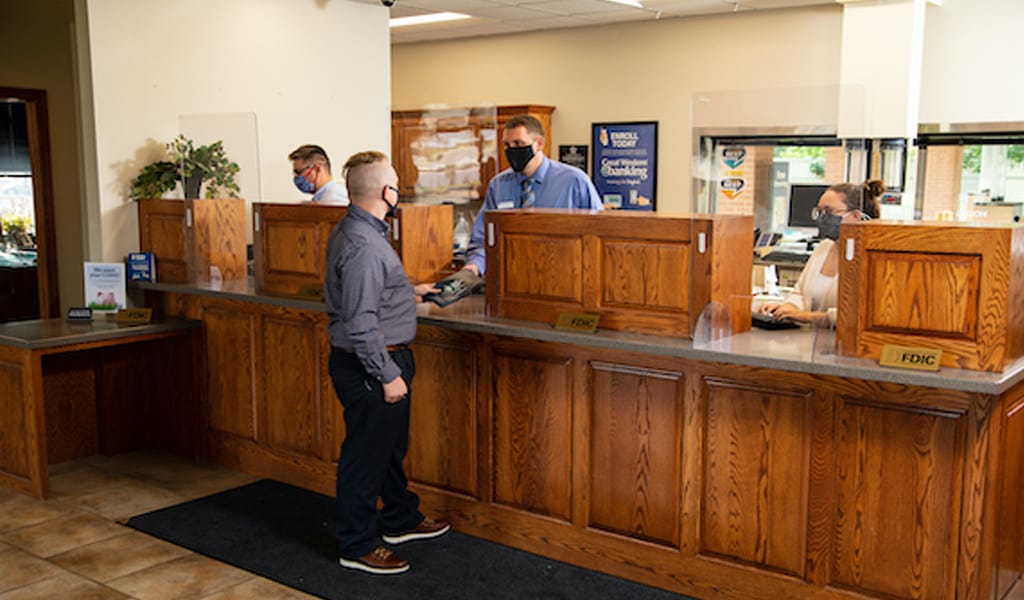Hotels are in dire straits right now due to the COVID-19 virus pandemic. Tens of millions of people have lost their jobs, making income insecurity a much more pressing concern than before. Businesses are switching to fully remote operation, removing the need for business travel or conventions. And most private citizens are staying home as much as possible, canceling vacations and luxury travel.
As a result, the travel and hospitality industries have taken the brunt of the economic impact of this crisis — hotels, airlines, and tourist destinations like ski resorts have all but shuttered across the world.
The good news is that this crisis won’t last forever. The virus will fade away into the background, restrictions will be lifted, and the industry will recover. What’s important is that your hotel is prepared to pick up business as usual when that time comes.
That means weighing the short-term and long-term implications of what you do during this crisis. If you make changes that are too drastic, you won’t be able to come back from them. With that in mind, here’s what your hotel should prioritize during the COVID-19 shutdown.
A Note Against Layoffs
When bad times hit, a lot of companies jump to laying off employees. Layoffs are certainly an effective way to cut costs — payroll is a big chunk of your budget and laying people off will instantly free up money to spend or save elsewhere.
The problem is that layoffs are a very short-sighted solution. When the industry picks back up again, you’ll need to hire all those people right back again, and that won’t be as easy as firing them in the first place. Your old employees might not like the way they were treated and won’t want to come back. They may have found other jobs in the interim. Either way, you’ll have to find and train new people, and that’s time-consuming and difficult. Layoffs should be a last resort, not your first instinct.
Close Down Unused Hotel Resources
Unsurprisingly, most of the expenses of running a hotel come from the hotel itself. You can cut costs substantially by essentially closing major areas of your hotel that aren’t being used. If occupancy is way down, close off entire floors of the hotel, turning off power and heat to save on expenses. Close down the pool area and stop heating it. Keep the lights and heat off in shared spaces like conference rooms that are no longer in use.
You might also be able to leverage some of those resources for short-term income. Some hotels in Chicago are offering rooms to the city at a low cost in order to house and quarantine first responders, health care workers, the homeless, and victims of domestic violence. If you’re located in an opportune location, you might be able to help.
Do a Utility Audit
Now’s the perfect time to review where you can cut costs elsewhere in your hotel. Switching room lights and on-property lighting to a more efficient schedule and LED bulbs, adding in energy-saving automation, occupancy sensors, and tankless water heaters can save you a lot of money in the long run. Even if you can’t afford to make improvements right now, you can at least find areas for future improvement.
Be More Lenient With Cancellation
While the virus and resulting economic effects are taking a serious toll on the working classes, there are still people out there with the disposable income to start planning ahead. The problem is, they’re not booking flights or rooms because they don’t know how long this crisis will last.
You can mitigate some of their fears by relaxing your hotel’s pricing, booking, and cancellation policies. If people want to cancel their summer vacation, offer them credit to your hotel for any dates in the next year. Allow people to purchase gift cards at a discount, redeemable for rooms whenever this blows over. If you can get people to plan ahead, you can bring in a small revenue stream that will help you get through these next slow months.
Cut Hours Equally
A lot of companies are cutting costs during this time by reducing nonessential spending, travel, and senior executive salaries. Some are deferring quarterly dividends. One option is to maintain hourly wages, but cut hours or convert people to part-time. There are pros and cons to both approaches — if you cut hours, you’ll send the message that everyone is in the same boat, and people might be more eligible for more unemployment benefits. If you cut salaries instead and maintain hours, you can still count employees as full-time for the sake of their benefits.
More importantly, lead by example. If you’re going to ask people to take a hit to their incomes, you as executives should be prepared to do the same. Employee morale and public reputation are still vital in these times, and you might save jobs in the process.
Stay Calm
There’s only so much that you can do during this crisis. You’ll need to cut costs for short-term survival, but you can’t sacrifice the long-term plan in order to do so. You’ll need strong leadership, courage, and empathy. But with the right contingency planning and proactive action, you’ll come out the other side.



